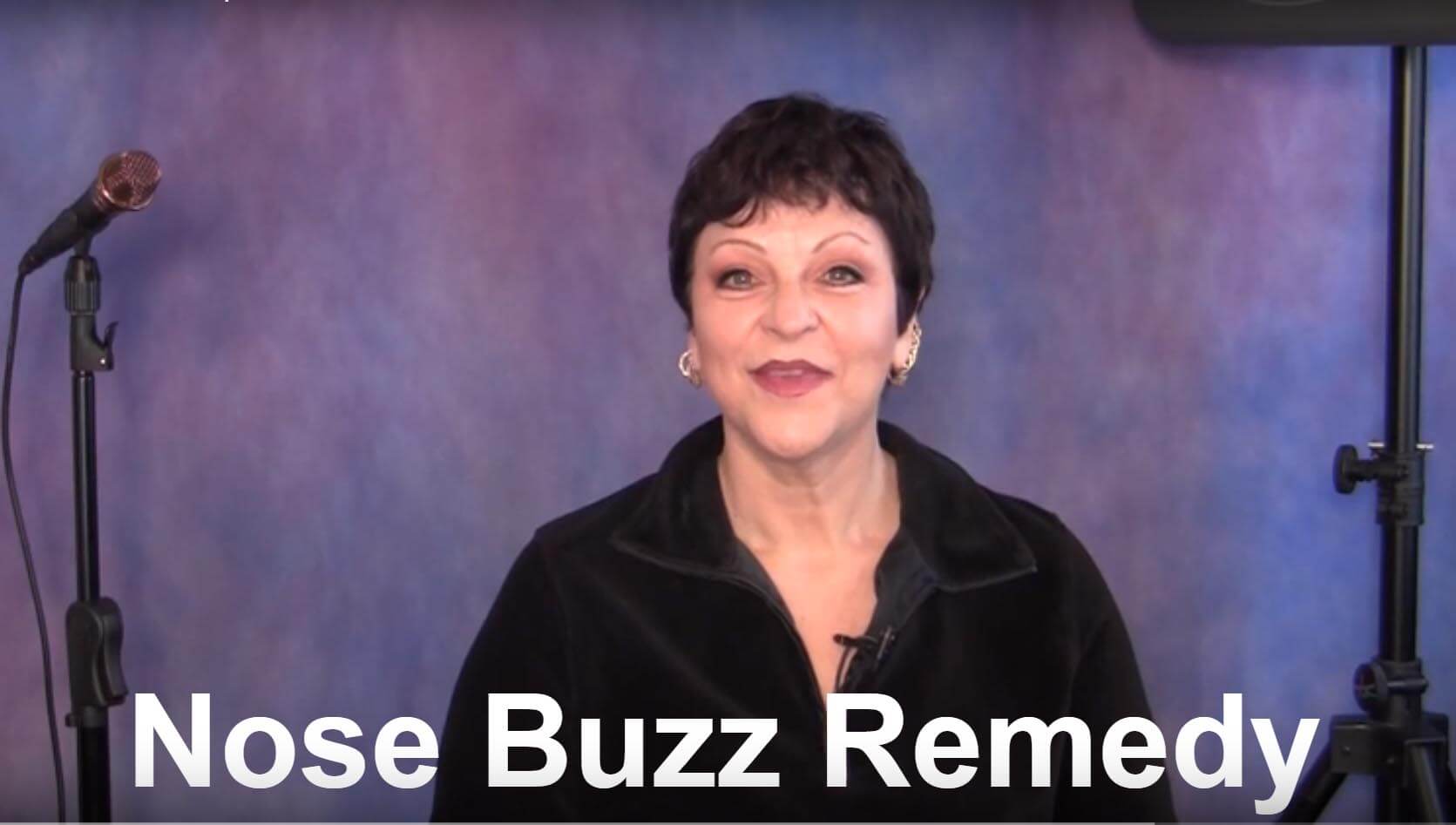Here’s an excerpt from Jeannie Deva’s upcoming new book:
“Singer’s Guide to Powerful Performances”
September 2011
Each of us sings for our own reasons, but usually we share one main motivation — we love it. We have something we want to share with others. This is a wonderful thing. To give to others is honorable, and audiences certainly respond favorably to this quality in a singer. We always remember performances that have moved us emotionally, inspired and transported us, and ignited our inner fire. A memorable performance makes us feel vibrantly alive and always remains fresh in our consciousness. It’s often this very experience that inspires each one of those of us who choose this profession to become a singer in the first place. Let’s take a broader look at the elements that contribute to this triumphant achievement before we apply specific exercises that will enable you to hone in on the details.
Four Basic Fundamentals to Creating a Powerful Performance
1. The Power of Purpose
Many singers have great voices. So what? If you have nothing to say and no reason to say it, does the tone and command over your instrument really matter? When we focus on vocal technique and performance skill — both a necessary part of the process — it’s easy to lose sight of why we’re singing. Vocal skill is simply a tool, a vehicle, through which you can communicate with your audience. It’s important to recognize that it is you, the performer, who gives something to the audience — not the other way around. This is because the performance shouldn’t be about you but rather what you want your audience to experience from the performance.
Stardom isn’t a good reason to sing … I’ve asked many singers who are just starting out, “Why do you sing?” or “What is your purpose when you perform?” and I have often heard, “I want to be a star.” Neither stardom nor even a successful performance career, for that matter is likely to be in their future. That’s because they are focused on what the performance can give to them. This is backwards.
The audience is always the first concern … Whether you’re adapting your performance to a specific venue or to fit a predetermined theme, hired to create an ambient atmosphere in a restaurant or club or sing for a charity fundraiser, you can achieve a memorable performance if you recognize the importance of creating an intended experience for your audience. This can be achieved in a number of ways. We’ll be discussing this in greater depth in the chapter, “From Rehearsal Room to Stage Performance.”
2. Your Mental Approach or Attitude Can Influence Your Audience
Surely, we’ve all experienced the difference between watching a performer who is comfortable with themselves and certain of their ability to do the tasks at hand and one who fumbles about in doubt and incompetence. How do these two different types of people make you feel? The voice is a finely tuned instrument that can relay emotions and thoughts, whether intentional or unintentional … If you’re uncertain or filled with self-doubt, your audience will know. If issues distract you that are outside of your performance, your voice will sound bland; you’ll have no connection to the song and your audience will respond in kind. Self-confidence comes from demonstrating ability; ability advances through action. If you lack confidence now, learning and practicing the exercises in this book will help you achieve it. In the meantime, you can transcend how you feel about your own capabilities by practicing some of the following steps:
~ Approach singing and performing with an “I can” attitude. If you don’t believe you can, then start with “I will.”
~ Commit to each song you sing. This is essentially achieved through a commitment to complete involvement with the meaning you choose to give the song.
~ Recognize that the band accompanies your voice rather than the other way around.
~ Be aware of your audience and include them within the reach of your performance. By reach, I mean extend your attention/awareness/energy/spirit with the purpose of including the individuals that comprise the audience.
To read more, stay tuned for the soon-to-be-released publication date announcement of this ground-breaking book by Jeannie Deva! Within its over 200 pages and 23 chapters, you’ll find numerous tips, over 40 exercises, a vast amount of insider information and advice, including chapters on the best singer foods; how to resolve stage fright; ways of connecting with your audience; how to stylize and make your song come alive; as well as mic technique and how to find the best mic for your voice; work with your stage sound and sound equipment; Jeannie’s gear reviews and recommendations and much more!





